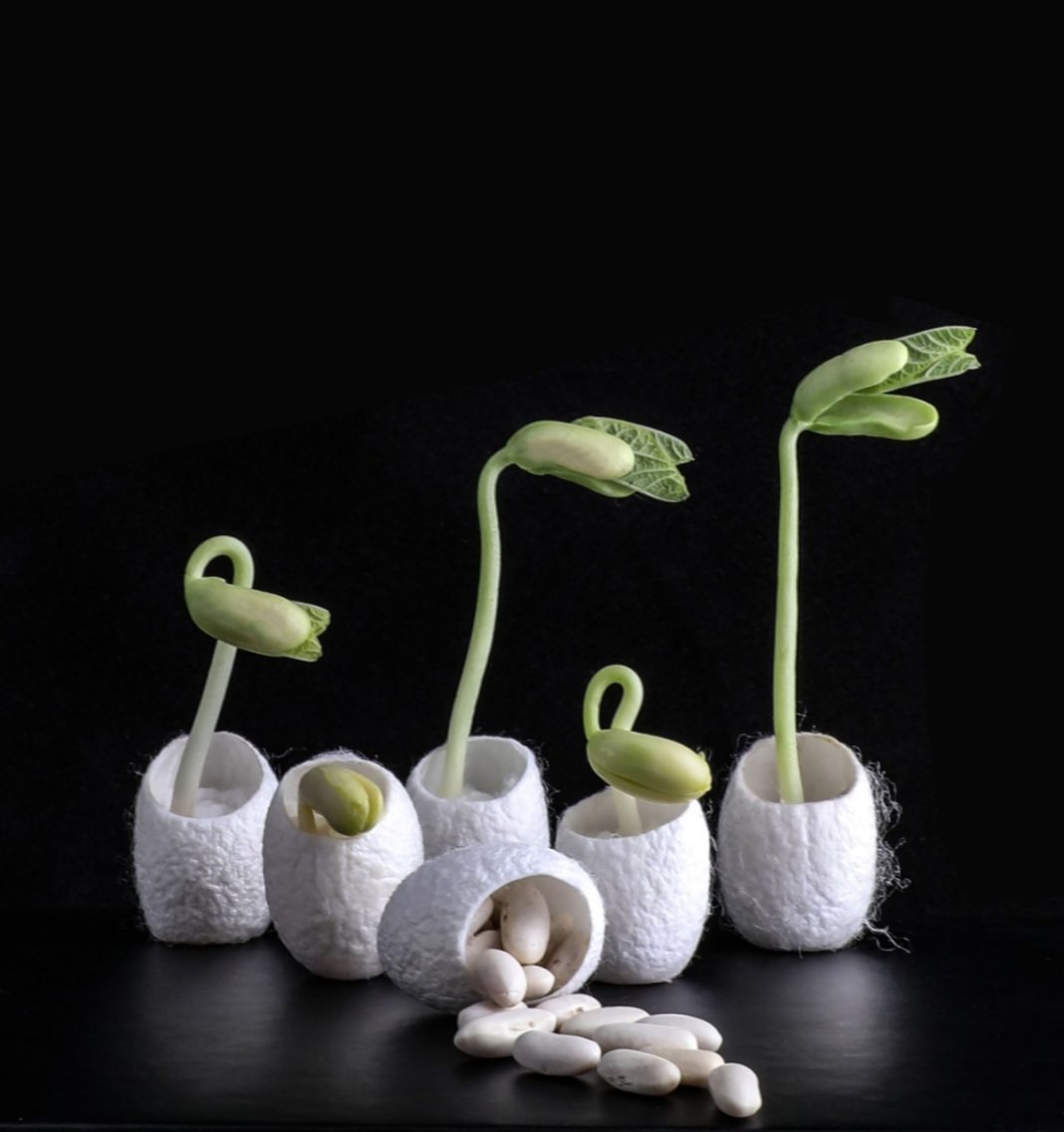ISLAMABAD: Pakistan needs to promote seed coating technology to ensure food security amid soaring demand due to high prices and climatic change impacts.
Dr M Aown Sammar Raza, Assistant Professor, Faculty of Agriculture and Environment at the Islamia University of Bahawalpur, told WealthPK that due to climatic conditions like floods, droughts, and high temperatures, supply of nutrition to crops has been affected. He said these conditions might cause issues of food security in Pakistan.
Dr Aown said food security conditions in Pakistan are alarming. He mentioned that the purchasing power of the population is adversely affected by inflationary pressures on food items. There is a high risk of food insecurity among people below the poverty line.
According to the International Food Security Assessment by the US Department of Agriculture, in the ongoing decade, from 2021-31, 38% of Pakistan’s population will be food insecure. This assessment also reports that Pakistan suffers from prominent food gap in the entire region, with food insecurity estimates even below Bangladesh.
According to a recent World Food Programme (WFP) survey, around 82% of children in Pakistan have been deprived of minimum number of meals a day, and the country has the second worst prevalence of malnutrition in the region. Approximately 18% of children under five suffer from acute malnutrition, while 40% of the same age group suffer from stunted development. Food insecurity affects three out of five households.
Dr Aown said that seed coating is a process that helps in ensuring food security by protecting seeds from pests, diseases, and climatic conditions. “By applying a coating to the seeds, farmers can reduce losses during planting, growth, and harvesting. Coatings also improve the quality and uniformity of the crops, which can lead to increased yields,” he added.
He said this technology enriches the seeds with ingredients that protect them from soil-borne diseases and accelerates the germination process to increase seed quality and crop yield by up to 20 to 25%. –INP






